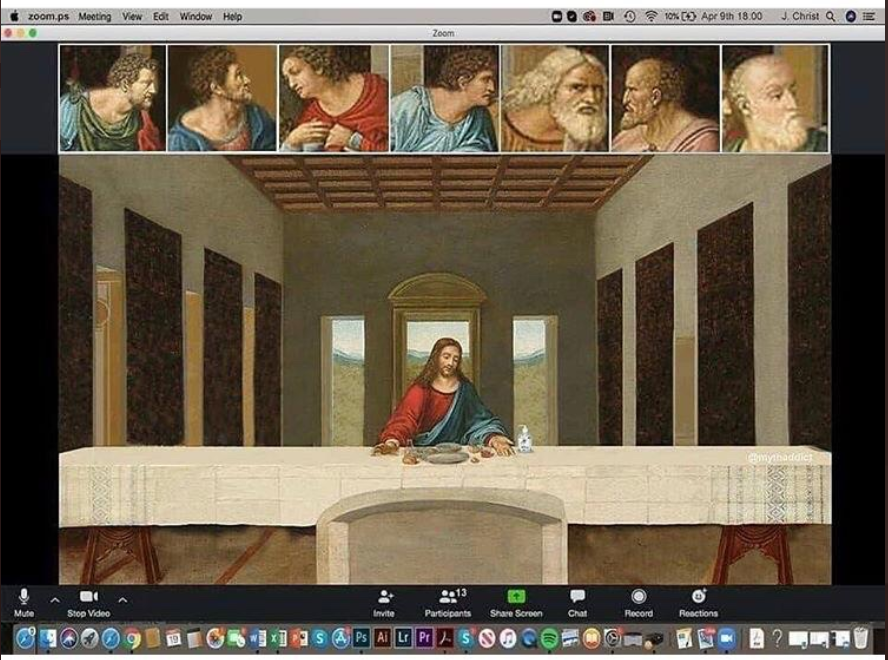
Since in-real-life contact resumed, I have been to some classically terrible academic seminars (which took me back to this 2016 cathartic rant). Here are my notes from one recent purgatorial experience:
‘Forgotten just how bad academic seminars can be (come back Covid, all is forgiven!):- Not reading the room (full of people who know the context), so they spend most of the time telling us stuff we already know
- Powerpoint slides of a 100+ words, and no images → powerpoint karaoke (reading them out)
- Failing to pull out any new/interesting findings (assuming there are some)
- Saying (repeatedly), ‘sorry don’t have time to go into detail, so I’m going to stick to platitudes and generalities – the good stuff is all in the paper’
- But the paper isn’t published yet, so I can’t trawl through it in search of nuggets while keeping half an ear on the presentations
- Going over into the Q&A time, (which actually doesn’t matter, bc most people are too zombified to ask questions)
- First question to a man
= Kill me now.
Why hasn’t this changed, after all the seminars on presentation skills, research for impact, the advice on 20 words per slide etc etc? Some thoughts:
Maybe it works on some other level – performative academic, where incentives require you to present in a certain way, even if it turns off the audience?
The ability to do POVO (Point of View of the Other) is still not taken seriously or encouraged – academia prioritises getting your ideas clear in your own head over helping others get them into theirs; NGOs love telling people what’s good for them/what’s important and right.’
Back to the 2016 post, which was actually about conferences full of coma-inducing panels, but covered some similar ground:
‘With my How Change Happens hat on, the obvious question is, why haven’t things changed already? Using the handy 3i rule of thumb, is it ideas, institutions or interests that are keeping things this way?
Ideas: maybe people genuinely think this format is the best possible, or just lack imagination – how do we undermine that view and get recognition of alternatives?
Institutions: is part of the reason for the leaden, top-down formats that organizers want to control the agenda, pump out their own material etc? Does everyone need to be on a platform, with at least 20 minutes to talk about themselves or their interests? If so, very hard to get away from panelism.
Interests: Academics have to write papers for career advancement and to feed the REF beast. But does that really mean they have to present and discuss them in such a mind-numbing way?’
So the seminars haven’t changed much, post Covid, but this week I was subjected to something even worse – seriously bad Zoom. Someone talking at high speed through a 50+ slide presentation for an hour without any interaction. Most people had cameras off, and I suspect were either not in the room, doing their emails, or watching videos of cats and baby goats.
Compare and contrast? At least if you make the sacrifice of getting to an in-real-life seminar, you tend to stay focussed and try and find some jewels (or at least a few shiny stones) in the porridge, and perhaps some networking with new people on the margins (if there’s any time left for that after the inevitable over-run). Even though the time sacrifice/opportunity cost is much greater with the added travel of a real life event, it’s hard to think of any redeeming features to bad Zoom.
That’s enough grumpy old man. Over to you – which is worse, bad Zoom or bad IRL?
And here’s the Zoom Last Supper from 2020’s Coronavirus Cartoon competition
